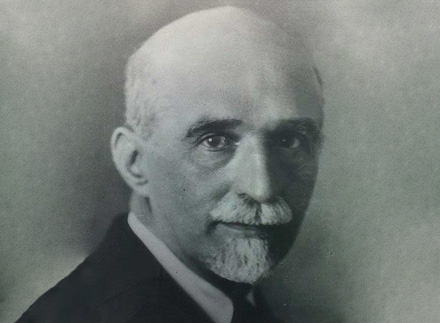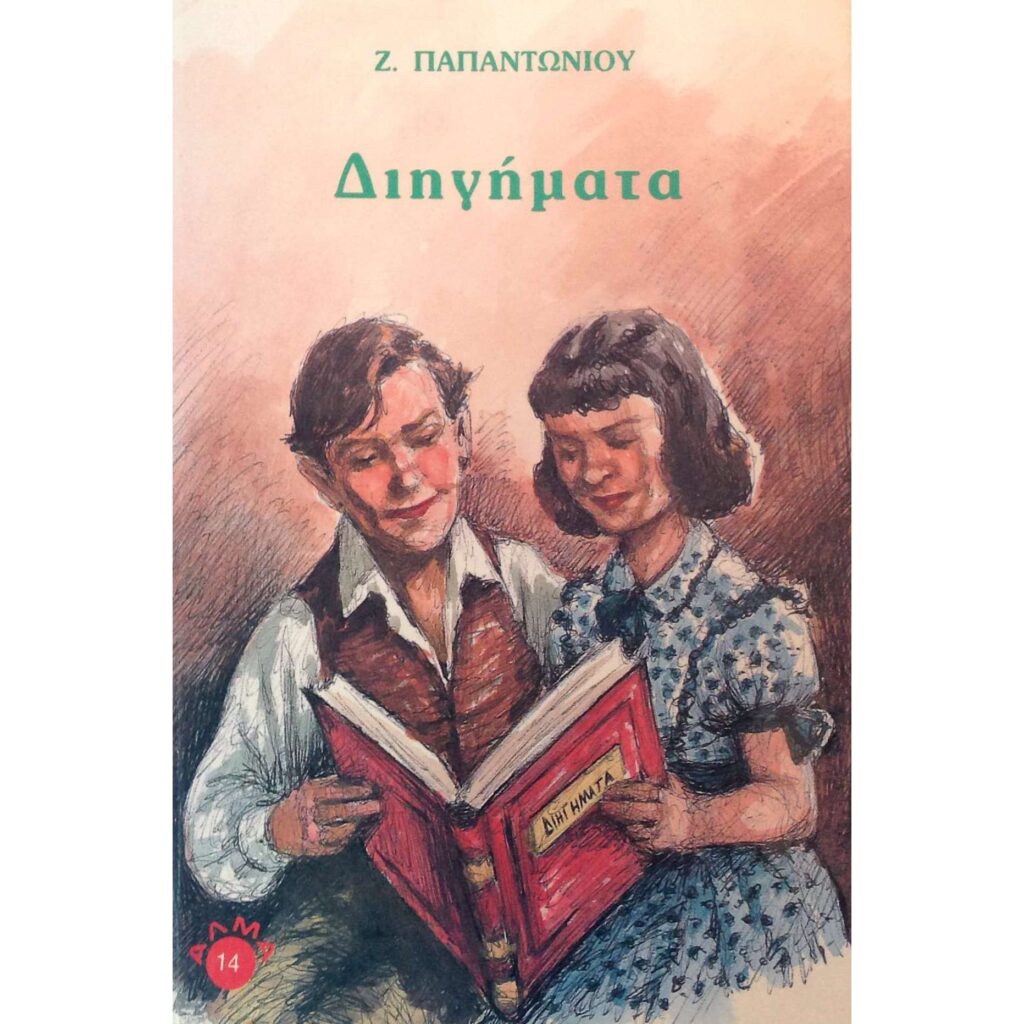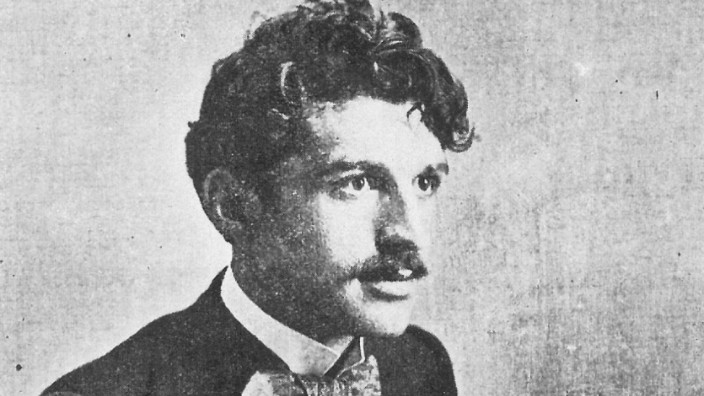Zacharias Papantoniou was one of the most important representatives of Modern Greek letters, with many even calling him “the Prince of Modern Greek speech.” To mark the occasion of his death, we take a look back at his incredible life and extensive literary work.
Early Life:
Zacharias Papantoniou was born in Karpenisi on February 3, 1877 and was the son of the teacher Lambros Papantoniou and Eleni Iliokautou. He had three brothers – Charilaos, Thanasis and Sofia.
In 1890, Papantoniou settled with his family in Athens, where he finished high school, took painting lessons and studied at the Medical School of the University of Athens without completing his studies.
At the age of just 16, Papantoniou turned to journalism and started writing articles in the newspaper, ‘Acropolis,’ by Vlasis Gavrilidis.
Until 1898, when his first collection of poems entitled War Songs was published, he continued to collaborate with magazines and newspapers such as “Newspaper of Discussions,” “Time” and “Script,” of which he was editor-in-chief (1900 – 1905).

Creative Work:
In 1904, Papantoniou became one of the first members of the company I Ethniki Glossa, which aimed to defend the Greek language. He was the author of the manifesto of the organisation entitled, “Towards the Greek Nation.”
From 1908 until 1911, he settled in Paris as an envoy of the newspaper “Empros,” where he sent the famous “Paris Letters.” At the same time, he also wrote articles in French newspapers.
After his return to Athens he left journalism, with the sole exception of writing vignettes in the newspaper “Empros” until 1914.
In 1912, he distinguished himself in a painting exhibition in Zappeion with drawings and cartoons that he had published from time to time in various magazines.

From 1912 until 1916, Papantoniou served as prefect in Zakynthos, the Cyclades, Messinia and Laconia. From this position, he promoted the idea of organising a trade union in Syros and the organisation of the first Panionios Conference for the fifty years of the Union of the Ionian Islands with Greece.
In 1918, as part of the educational reform of 1917, he wrote the children’s novel “The High Mountains,” which was introduced into elementary schools. The 79 chapters of the book narrate the experiences of a group of classmates who spend their summer holidays in the mountains of Evritania.
The book provoked strong reactions until it was withdrawn in 1920 and burned in public, as were the other readers of Eleftherios Venizelos’ educational reform. It was restored as a reader in later years and is considered one of the most important children’s books in the Greek language.
In 1918, he assumed the duties of President of the National Gallery, taking care of its enrichment with works of many Greek painters and engravers, such as Nikolaos Gyzis, Konstantinos Parthenis, Konstantinos Maleas, Nikiforos Lytras and Domenikos Theotokopoulos.

Later Life and Death:
In 1919, Papantoniou’s brother, Athanasios Papantoniou, committed suicide at the age of 39. The following year, Papantoniou printed the children’s poetry collection “Ta swallows,” dedicated to his brother. It was republished in 1931 under the title “Children’s songs.”
In 1923, Papantoniou published his poetry collection “Pedestrian Rhythms” and the three volumes of “Modern Greek Readings” for the first grades of elementary school. His poetry is distinguished for its emotional subtlety, its contemplative depth and its musical tone.
In the same year, he was honored with the National Excellence in Letters and Arts Award, was appointed professor at the School of Fine Arts and traveled to Europe, as part of his duties as Director of the National Gallery.
Papantoniou died on February 1, 1940, from a heart attack inside the tram, going to a meeting of the Academy of Athens.
Source: San Simera.

